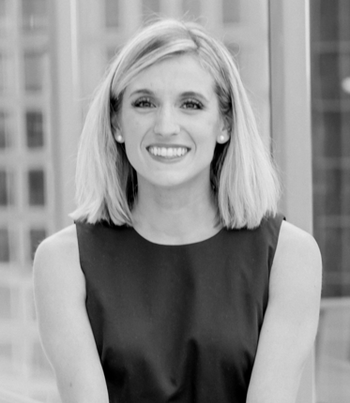Religious exemption? Some colleges are requiring notes from clergy.
Colleges like St. John's University, Hofstra, South Carolina State University, and more will not consider a request for religious exemption from its COVID-19 vaccine mandate without a signed statement from a religious leader.
Some of the college students seeking a religious exemption from their school’s COVID-19 vaccine requirement are facing a new hurdle: the need for a member of the clergy to attest to their religious beliefs.
St. John’s University, South Carolina State University, Columbia University Teachers College, Hofstra University, Bennett College, and Massachusetts College of Law are among the higher education institutions that require students to submit a statement from a religious leader in order to seek a religious exemption.
[RELATED: WATCH: Citing diversity, BYU denies vaccine exemption for student with rare syndrome]
The need for a clergy letter is not common: Most school policies reviewed by Campus Reform allow students to seek a religious exemption by writing a brief statement about how their beliefs preclude them from getting vaccinated. For K-12 students, states that offer religious exemptions for any kind of vaccine typically ask for a parent’s attestation about their religious views, but not confirmation from a third party.
A select few colleges and universities are asking for evidence from clergy to back up a request for a religious exemption, just as they ask for evidence from a doctor to back up a request for a medical exemption.
St. John’s University instructs students to have their clergy member describe, in a written statement, “the religious principles that prohibit vaccination,” as well as whether or not other vaccines are allowed by their faith. If only the COVID shot is prohibited by the religion, the clergy member is asked to explain why.
[RELATED: Judge approves IU vaccine mandate, Purdue implements ‘choice model’]
Columbia University Teachers College warns students, “Personal and philosophical reasons for not getting vaccinated are insufficient, and requests of this nature will be denied.” The exemption request form asks the clergy member to certify that “the observant is a member of my religious organization in good standing and holds a sincere religious belief that is against the receipt of the COVID-19 vaccination.”
Massachusetts College of Law requires any student seeking a religious exemption to submit a letter from a member of the clergy and to list the date(s) on which the student discussed vaccination with their religious leader.
South Carolina State University’s exemption form, which applies to all vaccines, states that a religion may be “non-theistic,” but that a clergy letter is still necessary. It continues, “personal preferences do not constitute religious beliefs.”
Hofstra University requires a clergy letter, and the university’s religious exemption form says that students who are granted an exemption “may be excluded from certain campus activities/residence halls, and that any such exclusion does not entitle [them] to any reduction in tuition or other associated charges or University fees.”
Campus Reform has previously reported on colleges that announced in the spring that they would require all returning students to receive aCOVID-19 vaccine.
Follow the author of this article on Twitter: @AngelaLMorabito

